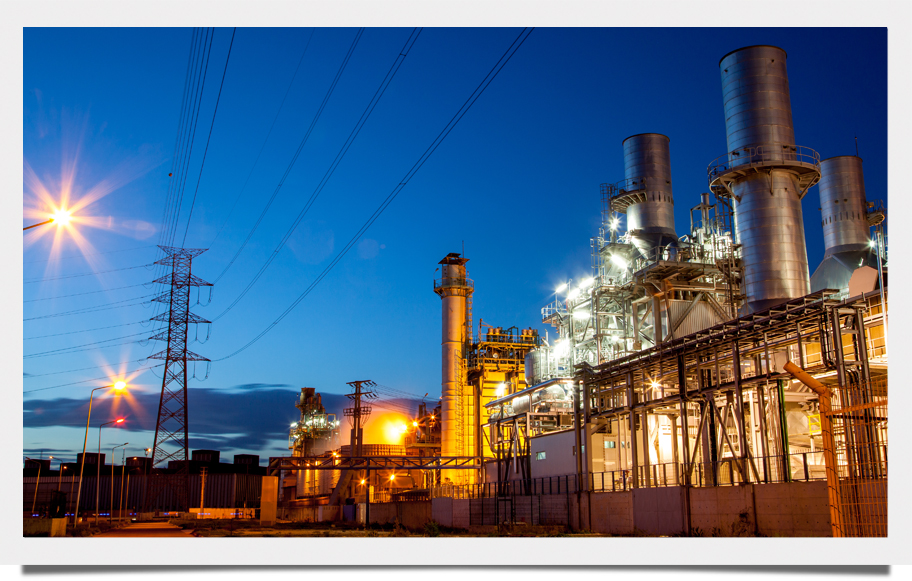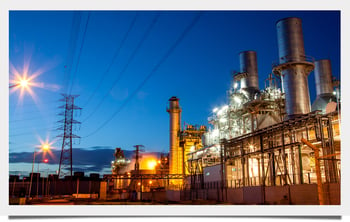2 min read
DOE Announces Funding for Biofuels, Bioproducts and Biopower Projects
John Greene
:
January 12, 2017

Just before 2016 came to a close, the US Department of Energy (DOE) announced the selection of six projects for up to $12.9 million in federal funding. The funding opportunity announcement (FOA) and initiative is titled “Project Definition for Pilot- and Demonstration-Scale Manufacturing of Biofuels, Bioproducts, and Biopower,” and it represents new investment in a few select projects operating within these forward-thinking energy sectors. These select projects are required to share the cost at a minimum of 50 percent, and will develop and execute plans for the manufacturing of advanced or cellulosic biofuels, bioproducts, refinery-compatible intermediates, and/or biopower in a domestic pilot- or demonstration-scale integrated biorefinery.
The projects will move forward and be evaluated by DOE in two phases. Award recipients will design and plan their facilities in Phase 1 and, in order to continue to Phase 2, projects will be evaluated on Phase 1 progress as well as the ability to secure the required 50 percent cost-share funding for Phase 2. DOE anticipates Phase 2 awards to be made in fiscal year 2018 to construct and operate the pilot- or demonstration-scale facility. Projects could receive additional federal funds of up to $15 million for pilot-scale facilities or $45 million for demonstration-scale facilities.
Phase 1 and, in order to continue to Phase 2, projects will be evaluated on Phase 1 progress as well as the ability to secure the required 50 percent cost-share funding for Phase 2. DOE anticipates Phase 2 awards to be made in fiscal year 2018 to construct and operate the pilot- or demonstration-scale facility. Projects could receive additional federal funds of up to $15 million for pilot-scale facilities or $45 million for demonstration-scale facilities.
The six Phase-1 projects will utilize thermochemical, biochemical, algal, and hybrid conversion technologies to generate the data required to enable future commercial-scale facilities. Two of the six qualifying projects will be utilizing woody biomass or other wood-derived feedstocks. Projects by category that have been selected by DOE are as follows:
Demonstration-Scale Integrated Biorefineries
AVAPCO, LLC (Atlanta, Georgia): The AVAPCO, LLC ($3.7 million) project will develop a demonstration-scale integrated biorefinery that combines AVAPCO’s biomass-to-ethanol process with project partner Byogy’s alcohol-to-jet process to create an integrated process that produces jet fuel from woody biomass. In addition to the jet fuel primary product, the demonstration facility will also produce cellulosic renewable diesel and other bioproducts with project partner Genomatica.
LanzaTech, Inc. (Skokie, Illinois): LanzaTech, Inc. ($4 million) has brought together a large team to design, construct, and operate an integrated demonstration-scale biorefinery that will use industrial waste gases to produce 3 million gallons per year of low-carbon jet and diesel fuels. LanzaTech and the Pacific Northwest National Laboratory have already successfully demonstrated their renewable jet fuel production technology.
Pilot-Scale Integrated Biorefineries:
Global Algae Innovations (San Diego, California): Global Algae Innovations ($1.2 million) has developed novel technologies that improve several stages of the algae production process. This project seeks to design a pilot-scale algae biofuel facility with improved productivity of open pond cultivation and more energy-efficient algae harvest.
ThermoChem Recovery International, Inc. (Baltimore, Maryland): ThermoChem Recovery International, Inc. ($0.8 million) will work in collaboration with project partners to design a pilot-scale integrated biorefinery to produce transportation fuels from woody waste and agricultural feedstocks. The project proposes many improvements throughout the system, which in combination would allow for smaller, more cost-effective integrated biorefineries with increased liquid fuel yields.
Pilot-Scale Waste-to-Energy Projects:
Rialto Bioenergy, LLC (Carlsbad, California): Rialto Bioenergy LLC ($2 million) plans to design the Rialto Advanced Pyrolysis Integrated Biorefinery facility that will have the capacity to convert 300 tons of biomass per day. Feedstock sources include food extracted from municipal solid waste and wastewater treatment plant biosolids, which will be converted into a high-nutrient fertilizer and up to 6.4 megawatts of carbon-negative, renewable biopower.
Water Environment & Reuse Foundation (Alexandria, Virginia): Water Environment & Reuse Foundation ($1.2 million) will design a pilot-scale integrated biorefinery that utilizes wastewater treatment plant sludge. This project will convert residual sludge and solids into biocrude oil, biogas, and fertilizer. The biocrude oil, when upgraded, is comparable to fossil-derived crude and can produce a variety of fuels including gasoline, jet fuel and diesel with nearly zero net carbon emissions. The biogas produced by the system will be used to offset power needs elsewhere in the plant or will be sold to the power grid.





